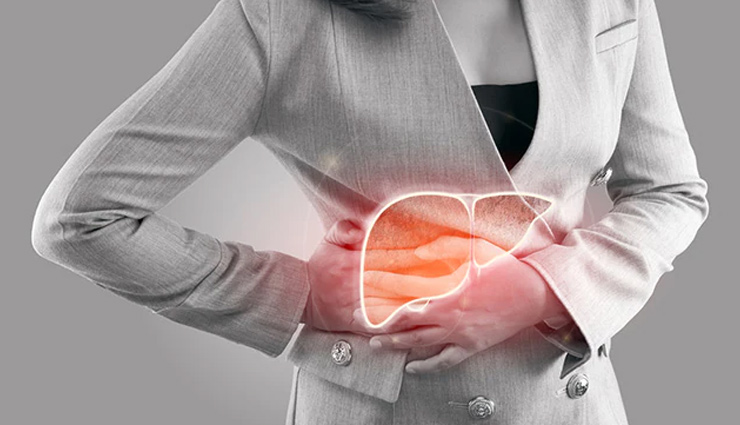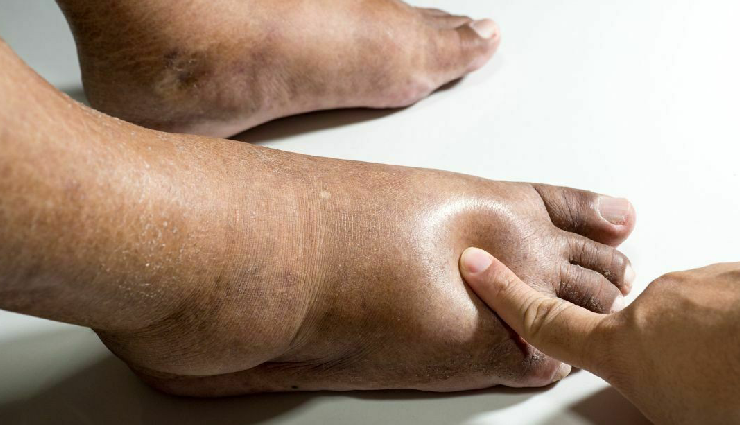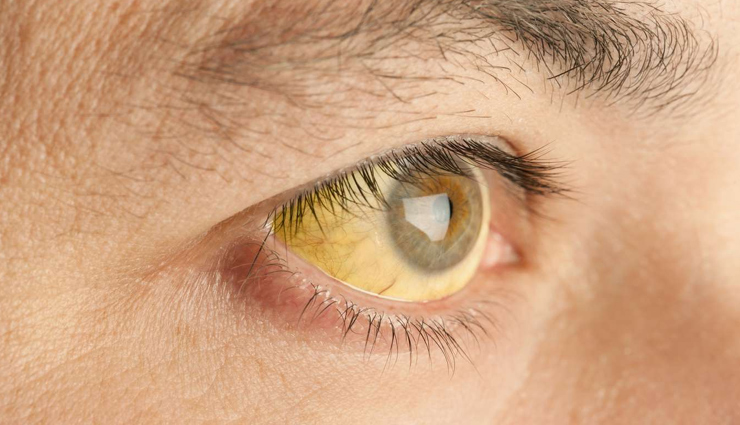- Home›
- Healthy Living›
- 10 Signs That Tell Your Liver Is Not Working Properly
10 Signs That Tell Your Liver Is Not Working Properly
By: Priyanka Maheshwari Sun, 31 Dec 2023 1:05:04

The human liver, regarded as the largest organ in the body, plays a crucial role in maintaining overall health by performing various vital functions. It serves as a detoxifying agent, generating bile for digestion, and is integral to processes such as protein production, blood clotting, and the metabolism of cholesterol, glucose, and iron. Any impairment in the liver can significantly impact these functions.
Recognizing the early signs of liver damage is essential due to the organ's involvement in critical bodily processes. From protein synthesis to managing clotting factors and regulating metabolic pathways, the liver's multifaceted responsibilities underscore the importance of vigilant care for your well-being. When substantial portions of the liver sustain damage, leading to impaired function, it results in liver failure, a life-threatening condition necessitating immediate medical intervention.
Liver failure typically develops gradually over the years, with chronic liver failure commonly attributed to factors like Hepatitis B, Hepatitis C, prolonged alcohol consumption, cirrhosis, and malnutrition. The symptoms of liver failure can be challenging to identify in some instances, emphasizing the need for heightened awareness and proactive measures to safeguard liver health.

# Fatigue and General Weakness
Experiencing tiredness, nausea, and weakness is a common indicator of liver damage. This results from an elevated level of toxins in the bloodstream, as the liver struggles to effectively eliminate these harmful substances.

# Digestive Problems
Liver failure often manifests in increased indigestion and diarrhea. Additionally, inadequate bile production may lead to symptoms such as irritable bowel syndrome, abdominal bloating, gallstones, and a diminished appetite.

# Upset Stomach
Persistent nausea is a prevalent symptom of liver damage, as the compromised liver function hinders the efficient removal of toxins from the body.

# Abdominal Pain
Discomfort or tenderness in the right upper quadrant of the rib cage, where the liver is situated, is a typical sign of liver malfunction. Lower abdominal pain or cramping may also be experienced, particularly if ascites, indicative of a malfunctioning liver, causes bloating.

# Changes in Urine Color
Dark urine can signal liver damage, as heightened bilirubin levels produced by the liver remain in the body and are excreted through the kidneys.

# Changes in Stool Color
Insufficient bile production due to liver dysfunction can result in pale yellow, clay-colored, or grey stools.

# Fluid Retention
Early signs of liver damage may include fluid retention, particularly in the ankles and feet. Immediate medical attention is recommended in such cases.

# Increased Skin Itching
Heightened skin sensitivity, accompanied by itching and flakiness, is a common occurrence during liver damage. Additionally, increased bruising and more visible veins may be observed.

# Intestinal Bleeding
The liver plays a crucial role in clotting, and its dysfunction can lead to intestinal bleeding, causing symptoms such as diarrhea or constipation.

# Jaundice
Jaundice, characterized by an accumulation of bilirubin in the bloodstream and bodily tissues, is a manifestation of liver damage and its impact on the body.





